Pediatric Behavioral Health Emphasis
Filling the Critical Need for Skilled Clinicians
Why choose pediatric behavioral health? It’s life-changing work – and the demand for highly-trained specialists continues to grow.
The Pediatric Behavioral Health Care (PBHC) emphasis at PAU has evolved from a general “child and family” focus to reflect recent bench science, translational community studies, advances in clinical intervention, policy/funding initiatives, and workforce trends.
A key focus for the PBHC emphasis is a seamless integration between clinical work and scholarship. You’ll be a practitioner-scientist, seeing patients and conducting research with those patients.
We will prepare you to meet high volume, high intensity workloads with specialized training in medical co-morbidities, clinical practices, administration, and more.
Ready to take the next step?
Apply Now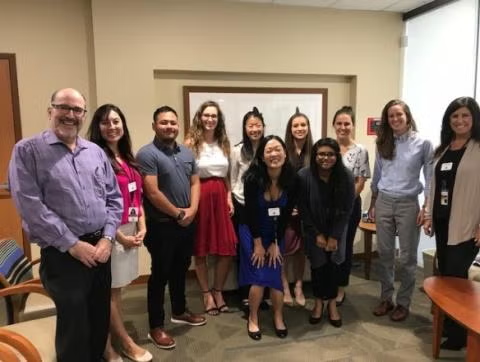

Emphasis Objectives
Students acquire knowledge and experience through additional coursework, clinical practica placements, and research.
The PBHC is founded upon recent bench science, translational community studies, advances in clinical intervention, policy/funding initiatives, and workforce trends in pediatric behavioral health care.
In an effort to balance the demand for skilled clinicians to enter the workforce equipped to meet the high volume, high intensity workloads with the short supply of genuinely well-trained doctoral level student.
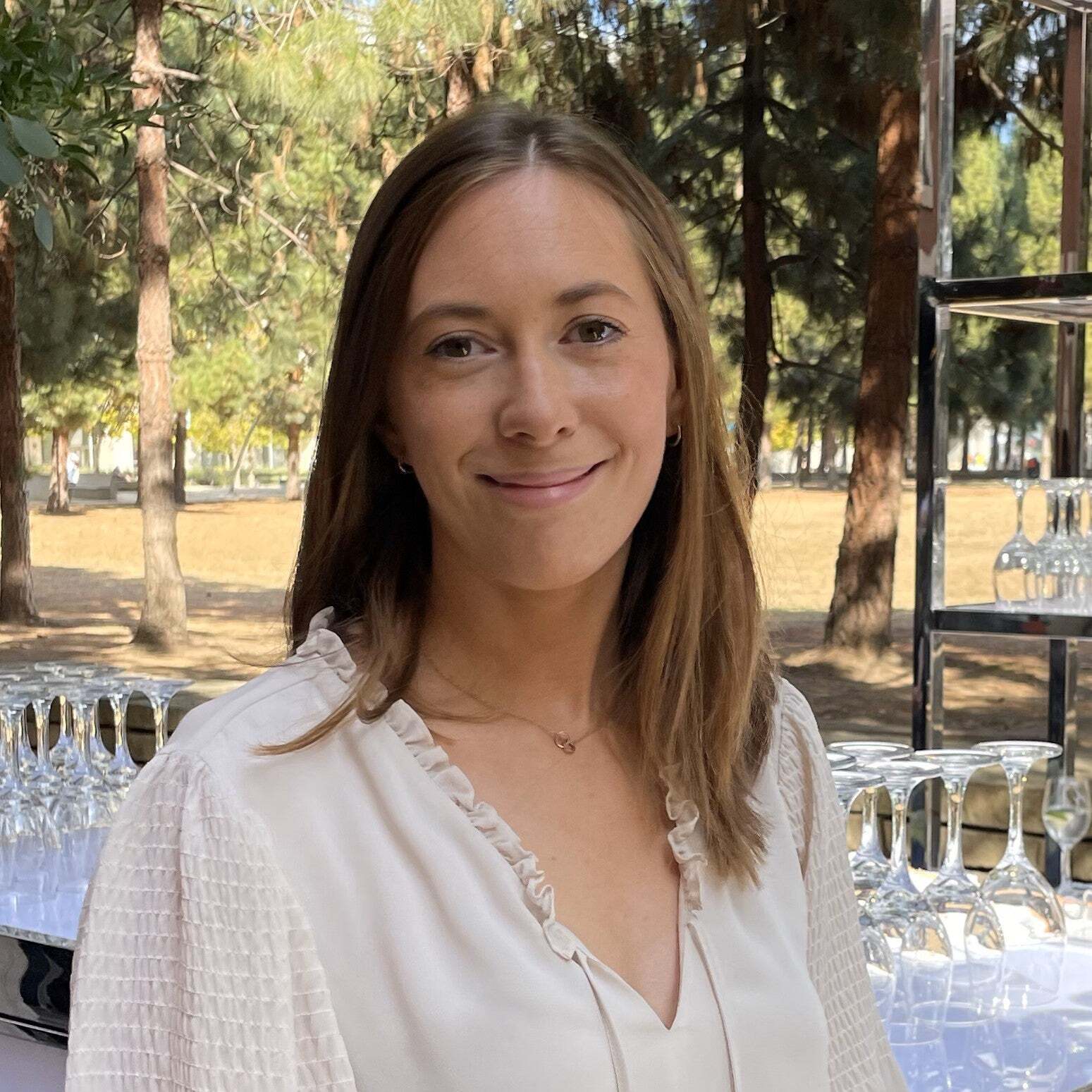
Eleanor Palser, PhD,
Dr. Eleanor Palser’s professional interests center on supporting children's socioemotional development as well as neurodevelopmental disorders including dyslexia, ADHD, and autism. She has trained with leading experts in differential diagnosis, and is passionate about improving the well-being of these populations across the lifespan.
Emphasis Requirements
Curriculum
You will acquire knowledge and experience through coursework, clinical practica placements, and research. In additional to core courses required of all clinical students, you will complete a series of six advanced courses that focus on pediatric behavioral health care.
Coursework
In addition to the basic program course requirements, students in this emphasis must take six elective courses (see below for list of courses)
Required courses:
- CLIN848: Developmental Psychopathology I
- CLIN849: Developmental Psychopathology II
- CLIN851: Health Psychology I
- CLIN888: Clinical Practice of Pediatric Psychology
- CLIN835: Supervision, Administration and Management in Behavioral Health
Electives:
- CLIN852: Health Psychology II
- CLIN810: Transdiagnostic Approach to Child and Family Psychotherapy
- CLIN 867: Substance Use Disorder and Treatment in Adolescents
Outside the Classroom
- At least one year of field practicum placement, providing treatment and/or conduct assessments on children, adolescents, and/or and families.
- A dissertation related to child, adolescent, siblings, or family issues.
- An internship where at least 33% of your time is spent working with child, adolescent, or family patients.
Eligibility & Completion
Grand Rounds & Special Events
Each term, we invite specialists from across pediatric behavioral health care spectrum to share their research and experience. PAU students learn from the experts on such topics as adolescent risk taking, conceptualization in CBT, building a successful private practice, and the importance of diversity, inclusion and leadership
Explore More
Grand Rounds & Special Events
Each term, we invite specialists from across pediatric behavioral health care spectrum to share their research and experience. PAU students learn from the experts on such topics as adolescent risk taking, conceptualization in CBT, building a successful private practice, and the importance of diversity, inclusion and leadership
Explore More
- American Psychological Association Division 53 (clinical child psychology)
- American Psychological Association Division 54 (pediatric psychology)
- Association of Behavioral and Cognitive Therapy
- Academy of Child and Adolescent Psychiatry
- American Academy of Pediatrics
Alumni Spotlights
Where can pediatric behavioral health training take you? Post-doc training at world-renowned universities. Faculty positions. High-profile research investigations. Take a look at what PAU graduates are achieving.
What Can I Do After Completing the Child Emphasis Area at PAU?
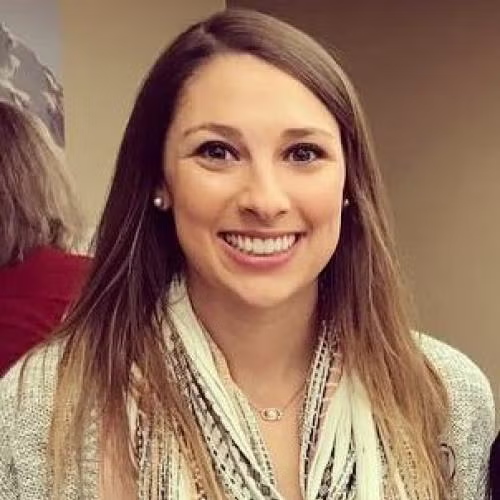
Jennifer Paternostro, PhD
Jennifer Paternostro graduated from Palo Alto University in June 2017 and was an active member in the CSTAY research lab throughout her graduate studies. Now a Licensed Psychologist, completed her Postdoctoral Fellowship at Oregon Health and Science University in Portland, OR. She is specializing in integrated behavioral healthcare for youth with chronic health conditions. Dr. Paternostro accepted a faculty position at the University of Iowa within the Division of Developmental and Behavioral Pediatrics, where she will help develop their integrated health psychology programs. Jenna's research is largely focused on integrated care with pediatric populations. Currently, Jenna is facilitating a number of research projects through the Pediatric Gastroenterology Clinic at OHSU, and is editing a book on Cognitive Behavioral Therapy for Pediatric Chronic Health Conditions for Springer Nature.
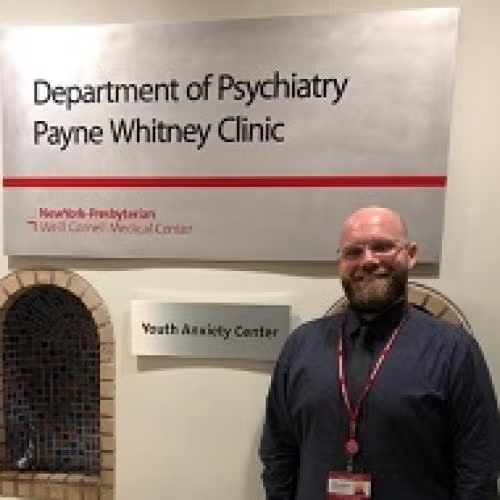
Paul Sullivan, PhD
Paul Sullivan, PhD is a 2017 graduate of Palo Alto University. Currently, Paul is the Youth Anxiety Center (YAC) post-doctoral fellow at Weill Cornell Medical Center/New York-Presbyterian Hospital. Before his post-doctoral fellowship he was an intern at Bellevue Hospital Center/New York University Child Study Center. As the YAC post-doctoral fellow, Dr. Sullivan serves multiple roles as a clinician working in both the Adult and Adolescent Partial Hospitalization Programs and as a clinician in the Child and Adolescent Outpatient Department. Now a Licensed Psychologist, Paul is assisting in several research projects including an fMRI study examining biomarkers of anxiety in young adults and a study examining heart rate variability as a mechanism of change in the use of an oral orthotic for adolescents and young adults with Tourette’s Disorder. In September 2018, Dr. Sullivan will transition to an Instructor of Psychology in Psychiatry as well as serve as an Assistant Attending Psychologist at Weill Cornell Medical Center/New York-Presbyterian.
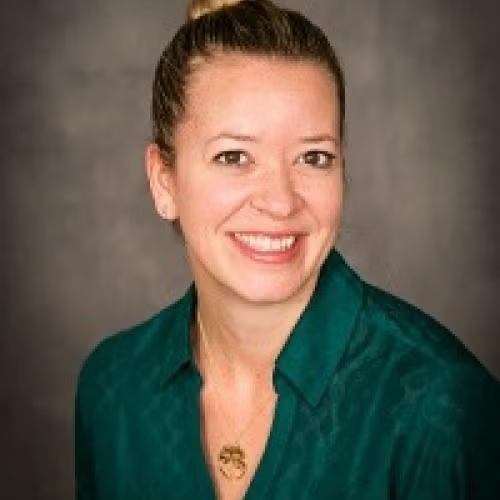
Micaela Thordarson, PhD
Micaela Thordarson, PhD, is a licensed psychologist who joined Children’s Hospital of Orange County (CHOC) in October 2017. She leads the ASPIRE® (After School Program Interventions and Resiliency Education) Intensive Outpatient Program for adolescents at CHOC. She earned her doctoral and master’s degrees in clinical psychology from Pacific Graduate School of Psychology in the child and family area of emphasis. She completed her pre-doctoral internship at Nationwide Children’s Hospital in Columbus, Ohio and her post-doctoral fellowship in integrated pediatric primary care at Geisinger Health Systems in Pennsylvania. Dr. Thordarson has experience treating youth across the spectrum of mental health care, from recent emergence of mild anxiety to chronic, debilitating depression. She is the author of many scholarly articles and national/ international conference presentations on the importance of delivering first-rate services to young patients as well as a forthcoming book for Guilford Publications (CBT-Express).

